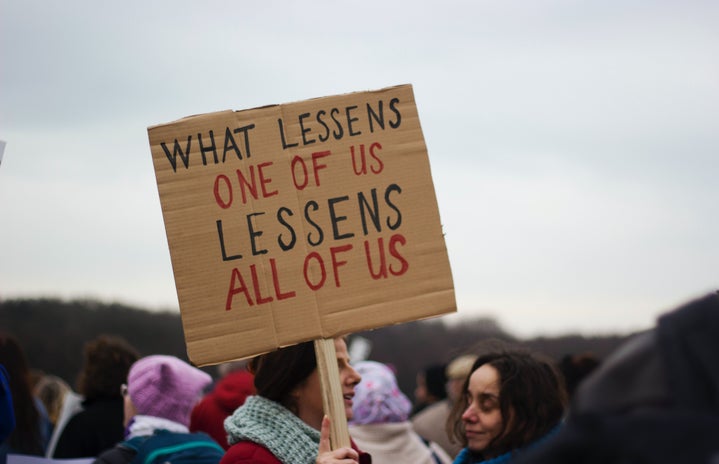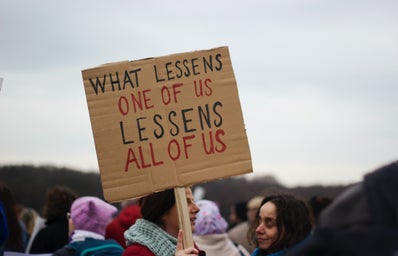I am not writing this article with the intention of hurting anyone’s feelings. I do, however, want to emphasize the absolute absurdity of the description “socially liberal, fiscally conservative.” It is a classification that is, at its best, an oxymoron and at its worst a complete misrepresentation of almost every issue that plagues our modern world.
Kim Kardashian spoke about her political views in a December 2021 Vanity Fair interview, saying she “believes ‘in the rights that the Democrats want’ and ‘in the taxes that the Republicans want.’” Her stance mirrors that of many who deem themselves socially liberal and economically conservative, which is fascinating. Why do so many Americans share the political views of one of the country’s most rich and famous figures? What does the average American have in common with Kim Kardashian that leads to a shared perspective? Why are we so eager to idolize those who happily profit off of our struggle? Maybe that’s a bit dramatic for Kardashian, but the gist is the same. It makes sense (though I find it selfish) that the wealthy don’t want their money going to the government, as they have no need for food stamps or disability payments or student loans. However, in taking this stance, they are inherently damaging the “social” causes they claim to simultaneously believe in.
The problem with being “socially liberal and fiscally conservative” is that one is really only “socially liberal” until they have to pay for it. In order to have an efficient and equitable system of social services, wealth cannot be hoarded. Those who are not directly and most intensely benefitting from said social services have to make sacrifices. The same sacrifices that the federal government makes when it bails out huge banks and corporations, as it did just recently with Silicon Valley Bank and as it has done numerous times throughout the country’s history. The hypocrisy and double standard is appalling and reeks of complacency. Fiscal conservatism praises a lack of government intervention, and I understand distrust of the government. However, the problem lies in the inherently undemocratic political system we employ and the corruption that it facilitates daily. The United States’ entire government system was designed hundreds of years ago to protect the white and wealthy and it still operates that way. Multiple cities across the U.S. offered Amazon billions of dollars in tax breaks and benefits in return for homing their second headquarters. Does that overstep the bounds of government intervention? Or does fiscal conservatism only condemn public aid for non-billionaires?
If anything, to me, describing oneself as “socially liberal and economically conservative” feels like an utter cop-out. It refuses to recognize the intersectionality of economic policies and their effects, and it reads as a way to excuse performative care of so-called social issues, without holding government officials to any standard of action. The term serves as a buzzword that exposes the user’s ignorance. There are not purely ‘social’ and ‘fiscal’ issues and it is pertinent that we understand that fact. In the U.S., power is largely determined by wealth, and until profit falls from its rank as America’s number one priority, we cannot have a government that is for the people, by the people.



